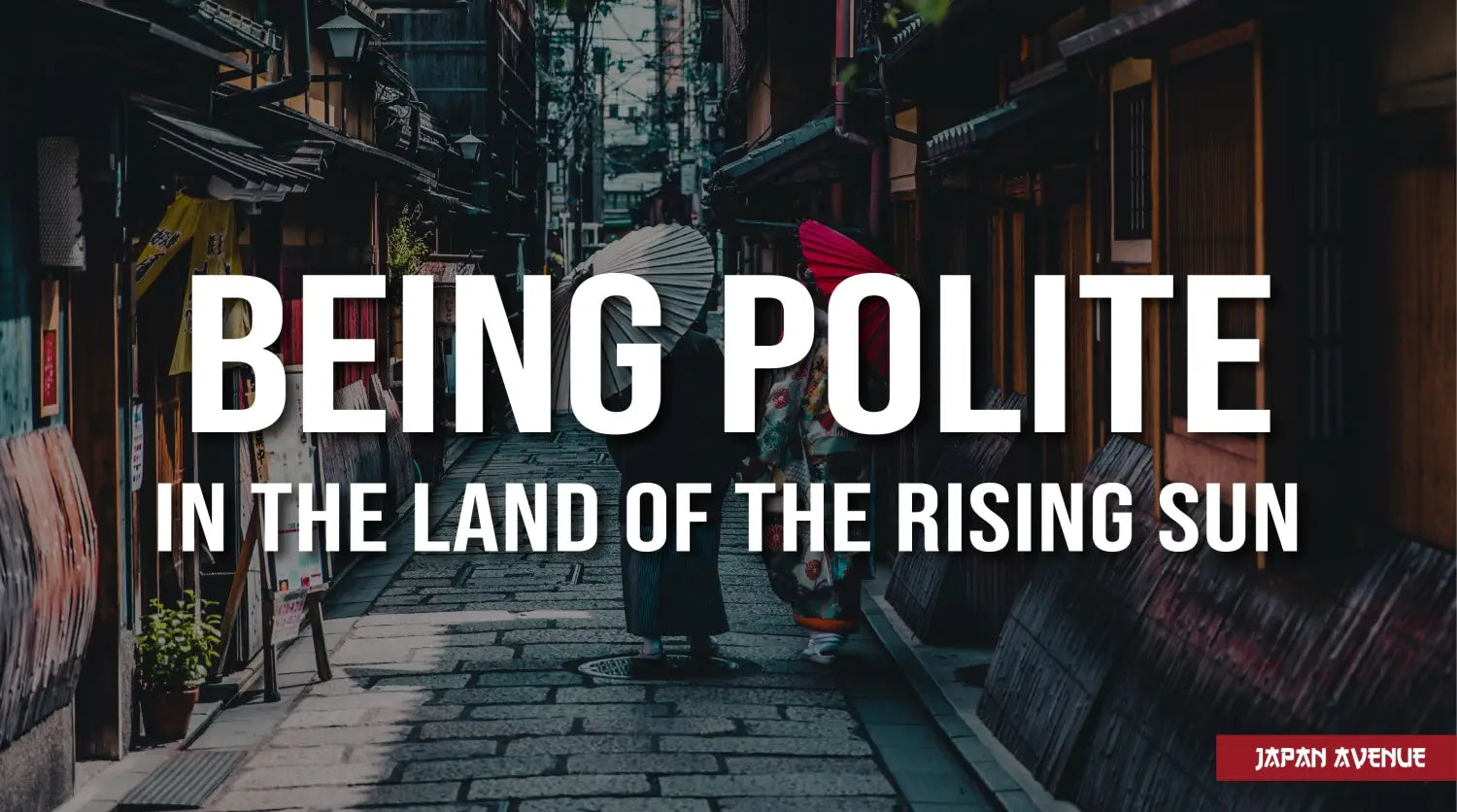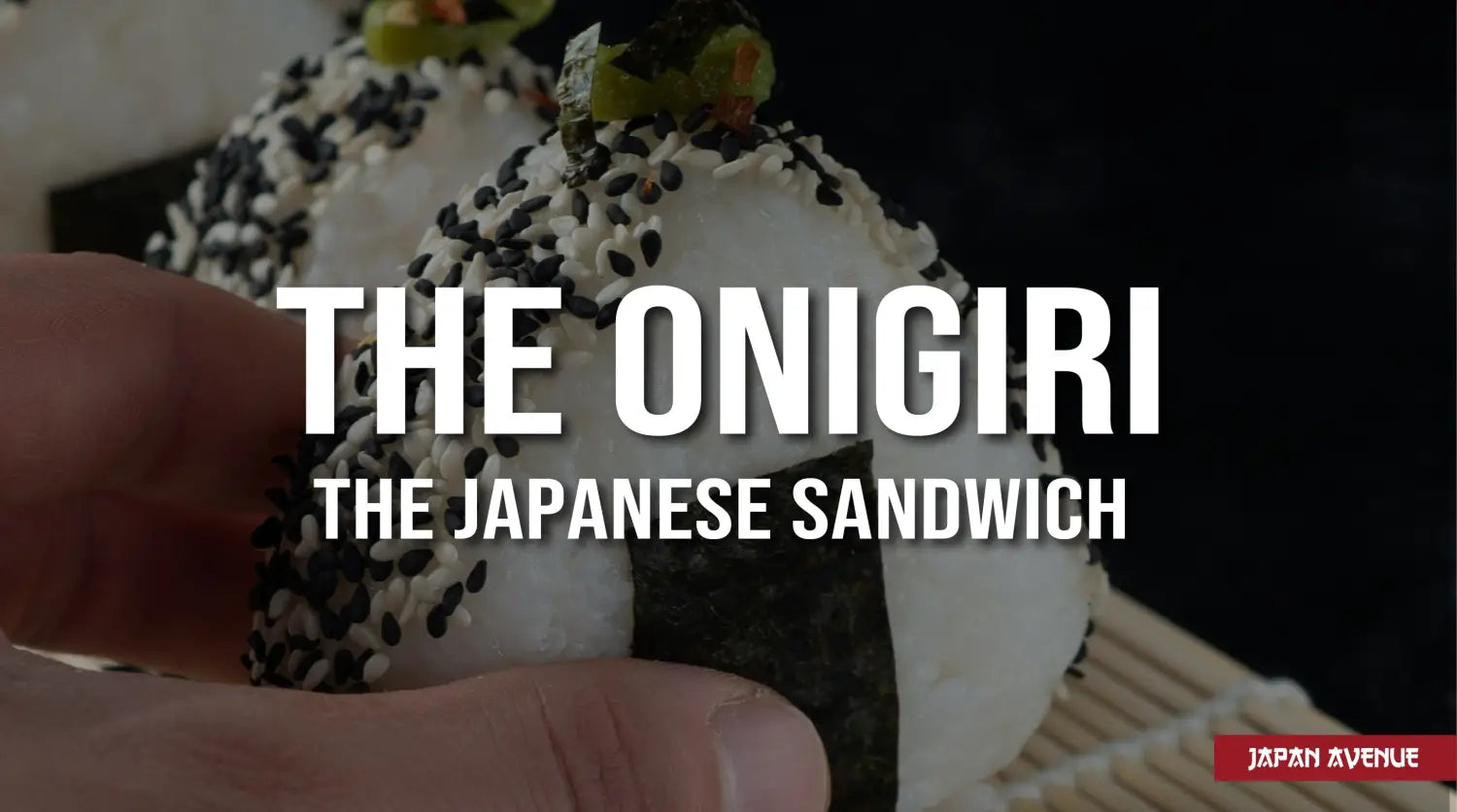If there is a major virtue in the Land of the Rising Sun, it is, without a doubt, courtesy. Japanese customs and courtesies are indeed quite an art.
It is important to note that the primitive religion of the archipelago is Shintoism, a cult based on beliefs that honor every life form. Respect is therefore a very strong value in the Japanese culture. This is why, before visiting this wonderful country, it is advisable to be well versed on the codes of behaviour to be respected in society.
To help you not to feel like a poorly behaved foreigner, here are some rules of etiquette and customs you should know in the Land of the Rising Sun:
👉 Politeness in Japan: general rules

Due to their traditions and religious influences, the Japanese have a strong sense of how to live together. From a very young age, children are taught to respect others and authority. A value that is strongly inculcated in Japanese culture, along with honor, duty and modesty.
🙋 Japanese greetings
In the archipelago, to greet someone, the custom is to bow slightly. This is more than just a sign of politeness or a way to say hello, it is a way to show respect to others. Also, depending on the hierarchy of the person being greeted, one bows more or less strongly. Unlike Westerners, Japanese people do not kiss or shake hands. In fact, in Japan, physical contact is avoided even outside the health crisis.
🕒 Punctuality above all
Japanese people are always on time for an appointment and even arrive 10 minutes early most of the time. Respecting the time is fundamental in their education. Moreover, Japanese trains are famous for their legendary punctuality. So much so that when the TGV connecting Tokyo to Shin-Osaka was one minute late, an investigation was opened. Yep, no kidding with the time!
👀 The art of unspoken words
Saying "no" is rather rare in Japanese culture where it is unthinkable to make the other person loose sight. Rather than expressing a clear refusal, it is customary to decline politely with a "I don't think that's possible" or "I'll see...". To decline an invitation or offer, you can always say "chotto..." which means "it's difficult...".
Also, did you know that in Japan, one does not look people in the eye, let alone the elders, as it is a sign of intimidation.
😺 Japanese superstitions
When speaking with a Japanese person, avoid using certain words if you do not want to offend him/her. For example, the numbers 4 and 9, associated with death or suffering, should be avoided in a conversation.
Some outdoor courtesy rules

Courtesy is of rigor in the Land of the Rising Sun, both inside and outside.
🚫 In the street
Japanese people are very modest when it comes to physical contact. If you are in a relationship, avoid kissing and holding hands in the street. Discretion is the order of the day.
If you smoke, you should know that smoking is forbidden outside the smoking areas. Also, never eat while walking.. that's just not done.
🚌 In transit
While waiting for the train, bus, metro or subway, Japanese people line up in single file. On board, passengers speak little and put their cell phones on mute. Notwithstanding those who like to take advantage of the transport time to call their relatives. Moreover, smartphones must be switched off near priority seats so as not to interfere with the pacemakers of the elderly.
If you have a cold, do not blow your nose, and certainly not in a tissue, as it is very impolite in Japan. However, you can sniff, no one will reproach you.
Lastly, in the escalators, stand on the left side to leave the right side to those who are in a hurry.
🍽 At the restaurant
Feel free to call the waiter with a "sumimasen" ("excuse me") or even order out loud instead. When toasting, avoid the well-known French tchin-tchin whose translation in Japanese means "penis". "Kampai" is more appropriate. Before starting to eat, do not forget to pronounce the polite formula "itadakimasu" which means "thank you for this meal". At the end of lunch or dinner, once the waiter has brought you the bill, head to the counter to pay it. As you leave the restaurant, it is common to show your satisfaction with the expression "Gochisousama deshita" which means "it was a feast".
🛀 In the public baths
Before entering the water, take the time to wash yourself thoroughly and tie your hair if it is long. In Japan, bathing is never used as a way to wash, on the contrary you must be clean as a whistle to be allowed to bathe. In some onsen, bathing suits are forbidden, so you will have to come naked. Lastly, if you are tattooed, be aware that some public establishments may refuse to let you in, as tattoos refer to the yakuza and are still frowned upon in Japan.
🤦♂️ At work and between co-workers
Respect for hierarchy and elders is extremely important in Japan. If you happen to work in a Japanese company, you should use honorific language with your superiors and carry out orders without flinching.
Politeness at work also means using appropriate gestures and behavior. Do not hesitate to bow and apologize in case of mistakes and above all show modesty.
The group spirit is essential and it is imperative to consult the whole team before making a decision.
The work culture is very important in Japan and rules are strictly followed. Each employee must arrive on time, otherwise he or she will be looked down upon. However, it is customary to work overtime in the evening.
In the archipelago, the professional circle is like a second family. So you will be invited to have drinks with your colleagues or even go out for karaoke.
🙏 The right behavior to adopt in a Japanese household

Hospitality is sacred in the Land of the Rising Sun. As a matter of fact, omotenashi or sense of service is a very present concept in the Japanese culture. Also, if you are lucky enough to be welcomed in a home, you will be received like a god. Don't forget to respect some codes of etiquette in return to show your gratitude.
🏠 In the host's house
As soon as you arrive, politely greet your host and thank him/her for their hospitality. You can also flatter him or her a little. Use some polite phrases like "ojama shimasu" which means "I'm bothering you a bit".
Don't forget to leave your shoes neatly in front of the front door so that they don't disturb the passage. If you are offered slippers, wear them. The Japanese are very strict about cleanliness, so be aware that an extra pair may be needed to go to the bathroom.
Always remember to spoil your host with a gift (usually food).
🥣 Table manners
When dining, don't forget to say "itadakimasu" by joining your two hands together before throwing yourself on the food.
There are many rules for eating politely, using chopsticks. For instance, you should hold them in one hand, do not play with them and remember to place them on the table between dishes. In Asia, it is common to share food. Serve yourself with the back of your chopsticks to avoid sharing your germs. Rice is eaten plain, so you should not add any sauce.
Never stick your chopsticks right into the food, this is considered sacrilege! Finally, never point your chopsticks at someone, because they will be offended.
If discretion is generally required in Japan, do not hesitate to make noise while eating, especially if your noodles are too hot, because besides cooling them down, it means that you like the dish. Once the meal is over, thank your hosts by saying "Gochisousama deshita", seen earlier.
🎁 The gift culture in Japan
In Japan, giving a gift is a way to show appreciation, whether it is to thank a host, on Valentine's Day or to spoil your loved ones. Note that the meaning of the gift and the packaging are more important than the gift itself. Thus, you may use the shapes of lucky animals like the crane, carp, butterfly or turtle according to their symbolism.
Because of the many superstitions, you should avoid certain numbers and colors. For example, if you offer pastries, avoid taking four of them. If you opt for flowers, do not compose a bouquet of nine and forget about the lilies and camellias that remind of funerals. Also, be aware of the meaning of colors and objects such as mirrors, clocks, potted flowers or knives that have a negative connotation.
Know that you should always give and receive a gift with both hands. Finally, do not open your gift right away and wait until you are alone.

Remember, Japanese customs and manners are very important in Japan. By mastering the rules of etiquette you will show your respect for the Japanese culture and avoid offending the locals.



